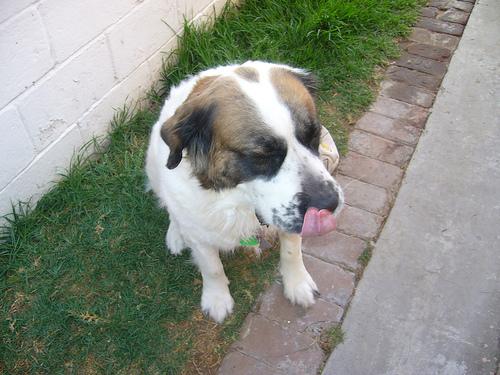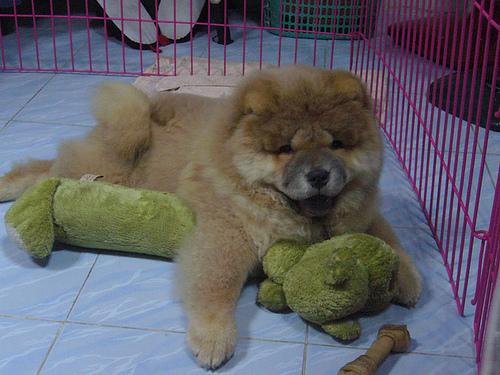About Dhole
The Dhole, also known as the Asiatic wild dog, is a fascinating and relatively unknown canid species. Distinct from both wolves and domestic dogs, these social predators roam the forests and grasslands of Asia. While not commonly kept as pets, understanding the Dhole provides valuable insight into canine behavior and conservation.
History and Origin
The Dhole's origins can be traced back to Southeast Asia, with fossil evidence suggesting their presence for over a million years. They are native to countries including India, Thailand, Malaysia, and Indonesia. Unlike domestic dogs, Dholes have a distinct evolutionary path, belonging to the Cuon genus. They have historically played a crucial role in their ecosystems, helping to regulate prey populations. Sadly, their numbers have declined dramatically due to habitat loss, hunting, and disease, leading to their classification as an endangered species. Conservation efforts are vital to ensure the survival of these unique animals.Physical Characteristics
Dholes are medium-sized canids, typically standing between 17 to 21 inches tall at the shoulder and weighing between 25 to 45 pounds. They possess a lean and muscular build, built for endurance and agility. Their coat is short and dense, providing protection against the elements. While the coat isn't curly, it's very short and dense. Coloration varies depending on the region, ranging from reddish-brown to sandy beige, with a distinctive dark tail tip. They are known for their rounded ears and powerful jaws.Temperament and Personality
As social animals, Dholes live and hunt in packs, exhibiting strong bonds and cooperative behavior. They are known for their intelligence and communication skills, using a variety of vocalizations and body language to interact with each other. In their natural habitat, they are highly efficient hunters, working together to take down prey much larger than themselves. While not typically kept as pets, their social nature highlights the importance of companionship and interaction within canid species. When it comes to interaction with children and other dogs, they have a rating of 3/5, meaning they can be good with them, but early socialization is key.Training and Exercise Needs
Dholes are highly intelligent and trainable (5/5), but this applies more to their natural hunting and social behaviors within a pack. In a captive environment, training would require specialized knowledge and understanding of their unique needs. Their energy level is relatively low (1/5), but this doesn't mean they don't require exercise. In the wild, they roam large territories, so providing ample space and opportunities for physical activity is crucial for their well-being.Health and Care
Dholes are generally hardy animals, well-adapted to their natural environment. However, they are susceptible to diseases such as rabies and canine distemper, which can pose a significant threat to wild populations. Due to their short coat, grooming needs are minimal (1/5). They are heavy shedders (5/5), but the short hair makes cleanup relatively easy. On the drooling scale, they are relatively high (4/5).Is This Breed Right for You?
It is crucial to understand that Dholes are not suitable pets for the average household. They are wild animals with specific needs that cannot be met in a domestic setting. While this comprehensive overview provides insight into their fascinating biology and behavior, it is intended for educational purposes and to promote conservation awareness. The Dhole's future depends on protecting their natural habitat and mitigating the threats they face in the wild.Temperament
Basic Information
- Size Medium
- Life Span 9-13 years
- Coat Type Curly
- Coat Length Short
Characteristics
Energy Level
1/5
Trainability
5/5
Good with Children
3/5
Good with Other Dogs
3/5
Shedding
5/5
Grooming Needs
1/5
Drooling
4/5
Comments
No comments yet. Be the first to comment!
Upload a Photo
You must be logged in to upload photos.
Compare Breeds
Compare this breed with another to find the perfect match for you.



